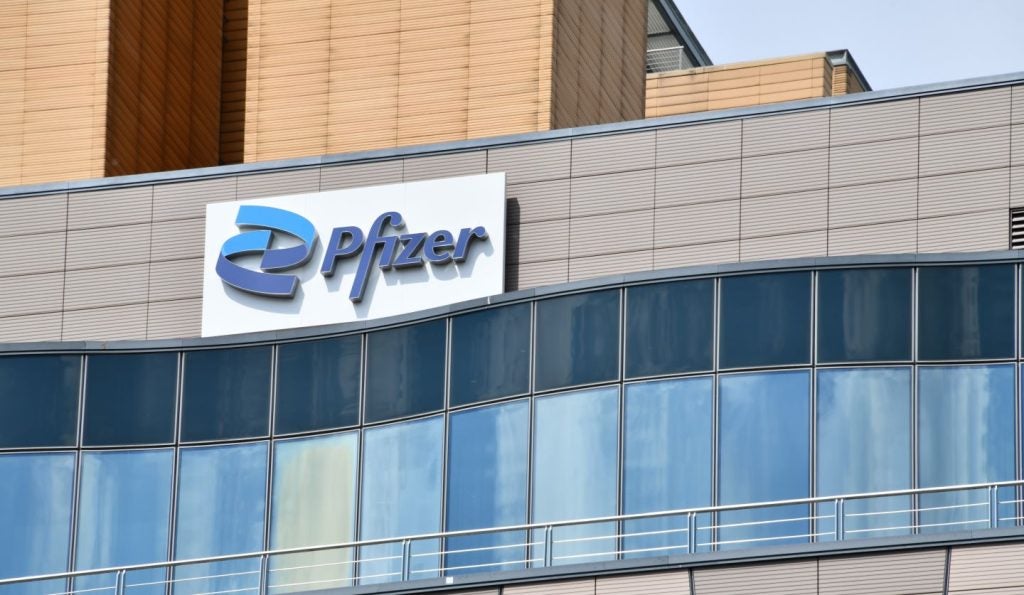The US Food and Drug Administration (FDA) has granted approval for Pfizer’s Braftovi (encorafenib) and Mektovi (binimetinib) combination to treat metastatic non-small cell lung cancer (NSCLC).
The combination treatment is indicated for usage in adult NSCLC patients with a BRAF V600E mutation.
The regulatory agency granted the approval based on findings from the Phase II PHAROS clinical trial currently under way.
The multicentre, open-label, single‑arm trial is assessing Braftovi plus Mektovi both in patients who are treatment-naïve and those who had previously received treatment.
PHAROS has already met key efficacy outcome measures of objective response rate (ORR) and duration of response in both subject groups.
Pfizer noted that the ORR was 75% in treatment-naïve subjects and that 59% responded for a minimum of 12 months.
Fatigue, diarrhoea, nausea and musculoskeletal pain were among the frequently reported all-causality adverse events in the trial.
The combination therapy is already approved by the FDA to treat unresectable or metastatic melanoma with a BRAF V600E or V600K mutation.
Pfizer chief oncology research and development officer and executive vice-president Chris Boshoff stated: “Since its initial FDA approval in 2018, Braftovi plus Mektovi combination therapy has helped thousands of people living with BRAF V600E or V600K-mutant unresectable or metastatic melanoma.
“We look forward to helping even more patients with our Braftovi plus Mektovi targeted combination therapy.”
The company holds the sole rights for Braftovi and Mektovi combination therapy in the US and Canada, and countries in Latin America, Africa and the Middle East.
In September 2023, Pfizer received marketing authorisation from the European Commission for Litfulo (ritlecitinib) to treat severe alopecia areata.
















